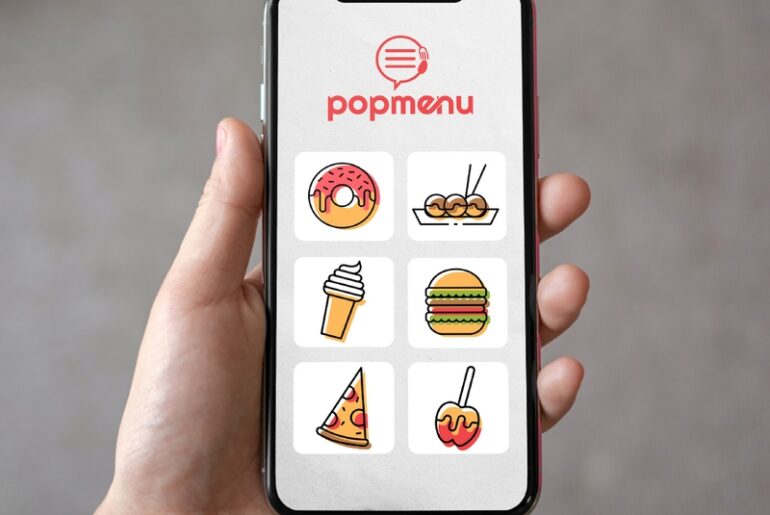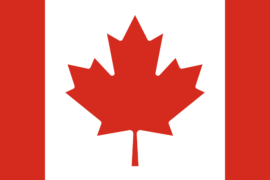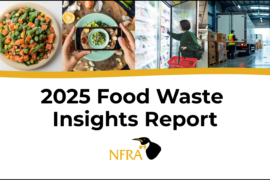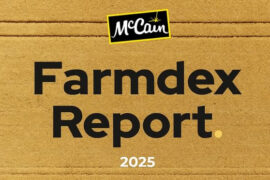After a turbulent two years, business has returned to “normal-ish” for most restaurants in the United States, but the ongoing hospitality labor shortage is keeping many from operating at full capacity and from keeping consumers from getting a table at preferred eateries. Popmenu’s new nationwide surveys of 374 restaurant owners and operators (May 18-June 10) and 1,002 consumers (May 20-21) sheds light on the industry’s recovery, the impact of pent-up demand and warmer weather, and what this means for in-person dining options – or lack thereof – this summer.
The vast majority of restaurateurs report that market demand and sales at their locations have bounced back or will soon do so. However, a significant percentage voiced concern that another coronavirus wave this summer could shutter their business for good.
Three Key findings Gleaned from Survey Responses
• 30% of restaurant owners and operators say their business has returned to pre-covid levels, while 25% say business has surpassed levels achieved prior to the coronavirus panemic.
• 29% expect business to return to pre-civid levels in the second half of 2022 while others anticipate it will take longer to recover.
• 42% say their business wouldn’t likely survive another Covid surge this summer.
Impact of Labor Shortage on Summer Dining
While restaurants readily welcome the influx of in-person diners this summer season, they’ve had to turn some business away because they don’t have enough workers to keep pace with guest volume. More are relying on tech to help bridge labor gaps.
Among key findings:
• 51% of restaurants don’t have the staff needed to handle on-premise demand the coming months.
• 33% are not operating at full capacity because they can’t find enough staff.
• 76% of restaurants have adopted new technology or increased tech usage to manage through the labor shortage. This ranges from online ordering and contactless dining to digital waitlisting and AI phone answering.
Competition for Reservations
Consumers are having a hard time reserving tables at preferred eateries as restaurants advise to book well in advance.
Key Findings:
• 52% of restaurant owners and operators say consumers are not likely to get a reservation with them on the same day.
• 45% of consumers are currently having trouble getting a reservation at a preferred restaurant.
• 59% of consumers are ordering online more often because of long wait times or no available seating.
“While more than half of restaurant owners and operators say their business has reached or surpassed pre-pandemic sales, they can’t take full advantage of the demand for on-premise dining because they’re short-staffed,” stated Brendan Sweeney, chief executive officer and co-founder of Popmenu. “This can be incredibly frustrating for restaurateurs — and their customers — which is why more are relying on guest-facing technology to make operations more efficient and capture revenue opportunities that would have otherwise been missed. For consumers, a little patience, planning ahead and staying connected with the restaurant will help ensure you’re next on the guest list.”





